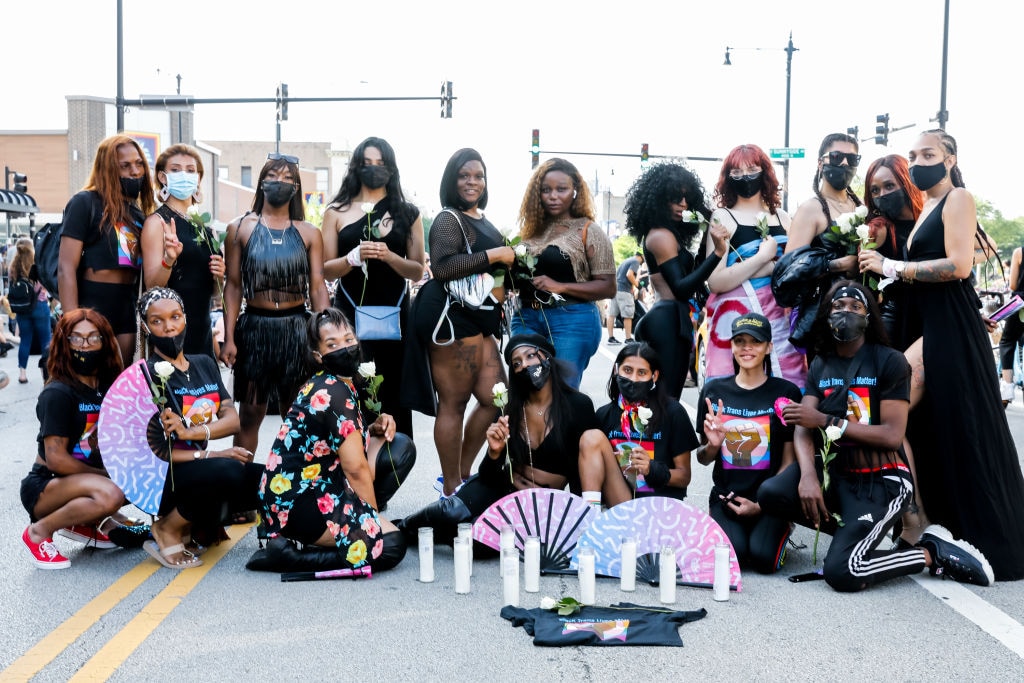Our systems are failing Black LGBTQ youth
OPINION: We must confront systemic barriers to Black LGBTQ mental health and approach suicide prevention through the dual lenses of LGBTQ inclusion and anti-racism
Forty-four percent of Black LGBTQ youth reported seriously considering suicide in the past year, including 59% of Black transgender and nonbinary youth.
I first learned of this public health crisis back in 2010, while still completing my doctoral program in developmental psychology. I was in a community leadership program with other scholars to learn how to apply my expertise toward community-based action, and was placed at a small nonprofit dedicated to preventing HIV/AIDS in Black and Latinx LGBTQ communities.
I had the privilege of working alongside Alicia Newson, also known as Ms. Lisa, the organization’s transgender health coordinator. In those six weeks of sharing — space, meals, stories, hugs, and knowledge — I gained not only a friend but also a blueprint for how I approach all of the work I do with and for Black LGBTQ youth, specifically the Black transgender and nonbinary community.
Ms. Lisa was not only held in high admiration because she truly exuded an unselfish sense of kindness, but also because at only 43 years old, she was considered an elder in the trans community. She was equipped with a wealth of knowledge about how to safely navigate the world as a Black transgender woman.
Read More: BET announces first trans non-binary executive producer, host B. Scott
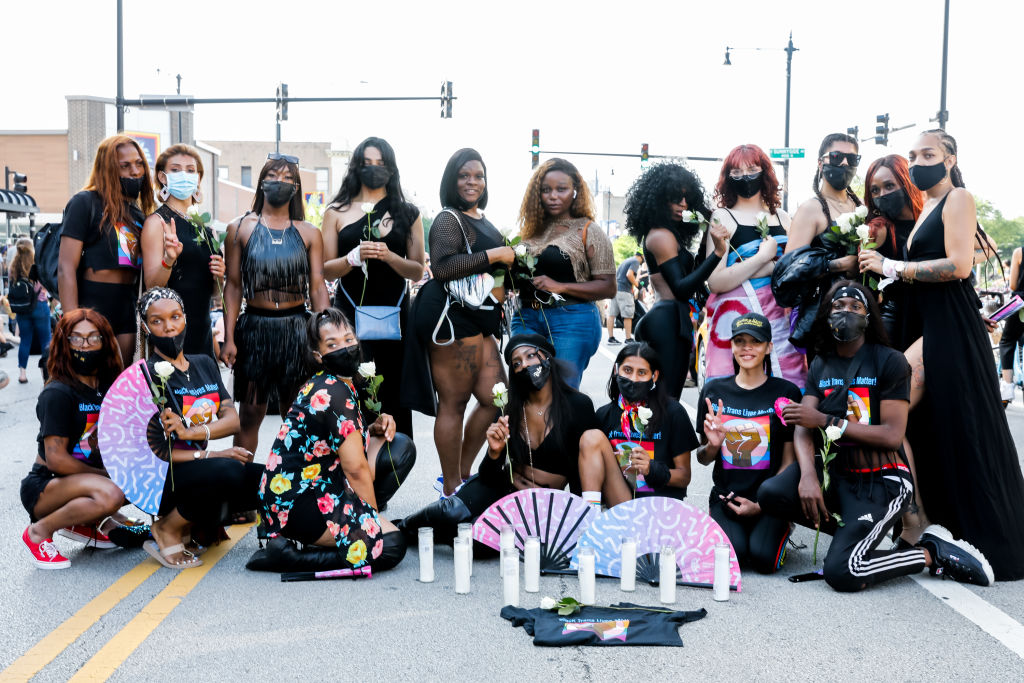
So one day I drew on Ms. Lisa’s experiences for a grant application in support of transgender and nonbinary clients. I asked her directly: what funding would make the most impact on our services? This is a vital step many researchers and experts often overlook because we often think we know what’s best. Those within a community, especially a marginalized one, are in the best position to assess their own unique needs, however. Ms. Lisa gave me an immediate, intuitive response: mental health.
Ms. Lisa explained that there had been a lot of funding for HIV/AIDS prevention, but that underlying mental health issues are often ignored. And that if mental health was addressed first, then many of the other risks facing the Black trans community would be easier to manage.
Fast forward 10 years and Ms. Lisa’s wisdom has never been truer.
As a Black queer woman and a research scientist at The Trevor Project, the world’s largest suicide prevention and crisis intervention organization for LGBTQ young people, I am committed to utilizing research to better understand and address the specific needs of Black LGBTQ youth.
Black LGBTQ youth hold multiple marginalized identities, and with that, comes unique stressors and challenges. Under the minority stress model, experiences of discrimination, stigma, and violence can compound and produce negative mental health outcomes.
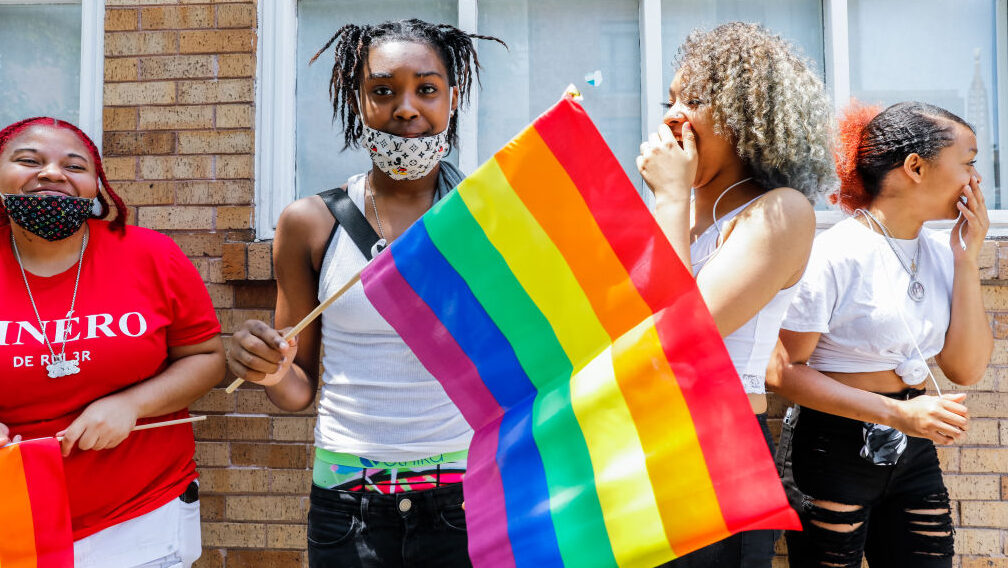
Currently, there is an utter dearth of quantitative studies on Black LGBTQ youth mental health, thereby limiting the knowledge base necessary for effective prevention and intervention programs. But from the research we do have, it is abundantly clear that our systems are failing Black LGBTQ youth. Data demonstrates that the systems intended to protect young people, like child services and law enforcement, often expose Black LGBTQ youth to further victimization and danger.
According to The Trevor Project’s research, Black LGBTQ youth who experienced police victimization reported rates of suicide attempts that were nearly double that of youth who did not. Black LGBTQ youth are also overrepresented in the foster care system and in reports of homelessness, and both of these experiences were associated with double the risk of a suicide attempt in the past year.
Furthermore, food insecurity, or a household’s inability to provide food for every person to live an active, healthy life, was also reported by 41% of Black LGBTQ youth. And once again, those youth reported more than twice the rate of suicide attempts.
The devastating impacts of poverty — largely the result of hundreds of years of systematic racism and discrimination — cannot be understated. To make matters worse, we also found that 60% of Black LGBTQ youth who wanted mental health care in the past year were not able to get it — with slightly more than half of Black LGBTQ youth cited affordability as the reason for not being to access mental health care.
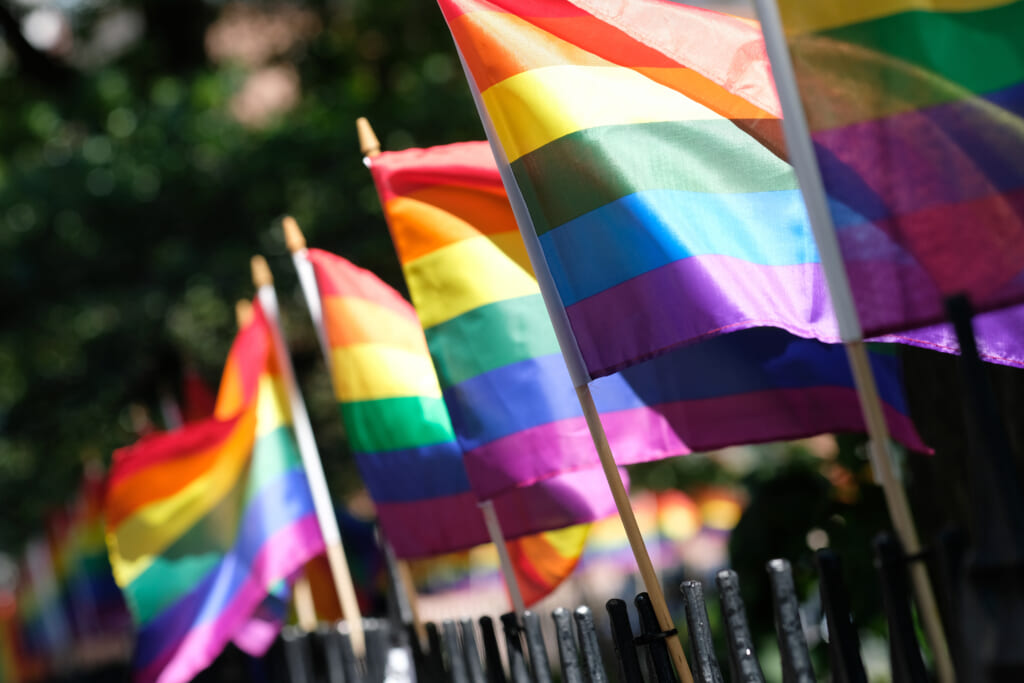
The reality that there are so many Black LGBTQ youth who want and need mental health care, but many can’t receive it because of cost, is beyond heartbreaking. It should force us all to question the systems that allow for these disparities to persist.
Compiling this report, I broke down in tears, thinking about how each and every one of these numbers represented a real young person out there who could, and should, be thriving. I was immediately taken back to my time with Ms. Lisa.
I was back with her, sitting in our shared office or at a banquet table for a community event or at a nightclub handing out condoms and doing rapid HIV tests — and I knew this was what she had wanted all along. I knew that, despite how bleak these numbers looked, she would say that we needed a powerful and direct call to action for people to address Black LGBTQ youth’s mental health once and for all. I was so happy to have come full circle.
That said, my favorite part of doing this research is identifying protective factors that reduce the risk of suicide. For one, we found that Black LGBTQ youth who had high levels of support from family, friends, or a special person reported lower rates of suicide attempts. Black youth who had access to at least one LGBTQ-affirming space attempted suicide at 50% lower rates compared to Black LGBTQ youth without access to one. I know that for so many Black trans young people, Ms. Lisa provided that affirming space or was that one special person for them.
Ms. Lisa passed away on May 31, 2017, but her teachings have left a lasting impact on me. We must confront systemic barriers to Black LGBTQ mental health and well-being, and approach suicide prevention through the dual lenses of LGBTQ inclusion and anti-racism.
As these glaring disparities suggest, we must move past a “one-size-fits-all” approach that does not specifically consider the unique challenges of Black LGBTQ youth. Investing in Black LGBTQ youth mental health must be prioritized if we are to see any improvements in these outcomes.
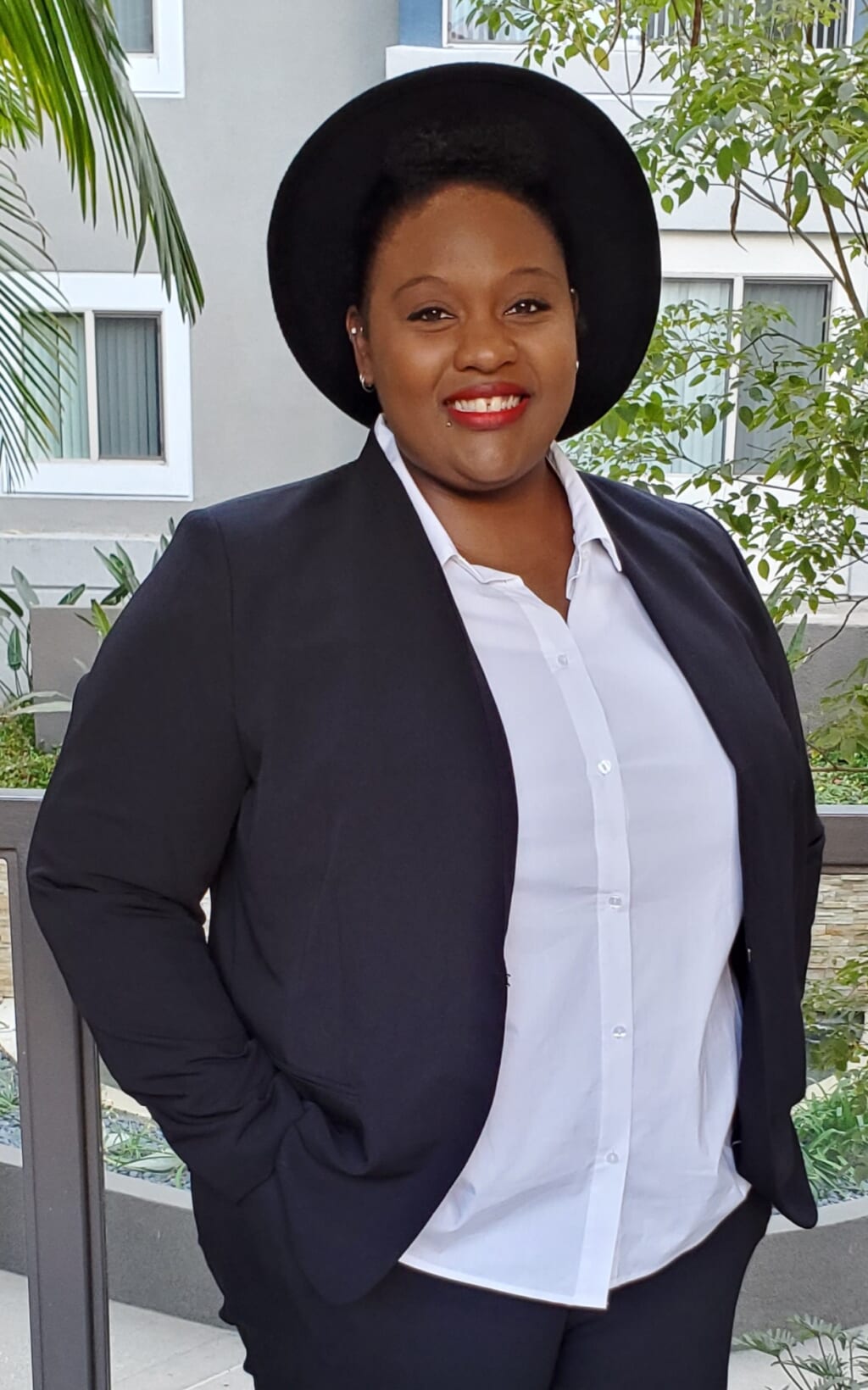
Dr. Myeshia Price (she/they) is a Senior Research Scientist at The Trevor Project, the world’s largest suicide prevention and crisis intervention organization for lesbian, gay, bisexual, transgender, queer & questioning (LGBTQ) young people. She is a developmental psychologist with over fifteen years of experience in adolescent public health research, with a focus on sexuality, gender, and LGBTQ youth from an intersectional and developmental perspective.
Have you subscribed to theGrio’s new podcast “Dear Culture”? Download our newest episodes now!
TheGrio is now on Apple TV, Amazon Fire, and Roku. Download theGrio today!
The post Our systems are failing Black LGBTQ youth appeared first on TheGrio.

